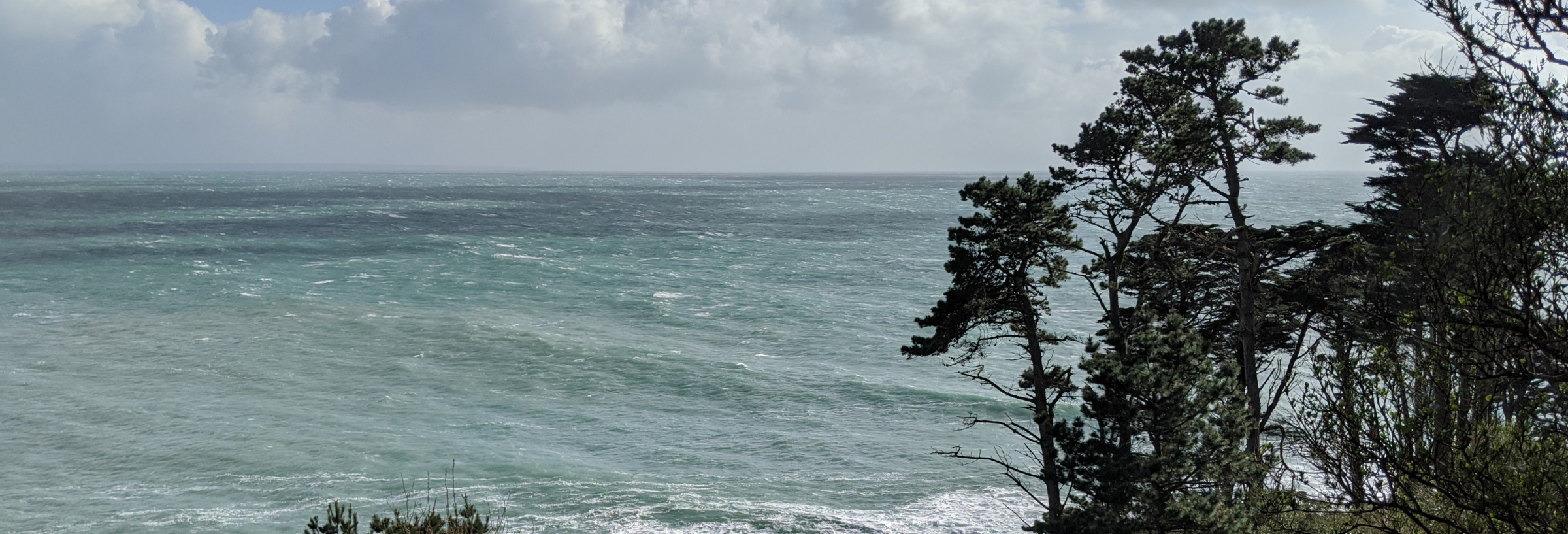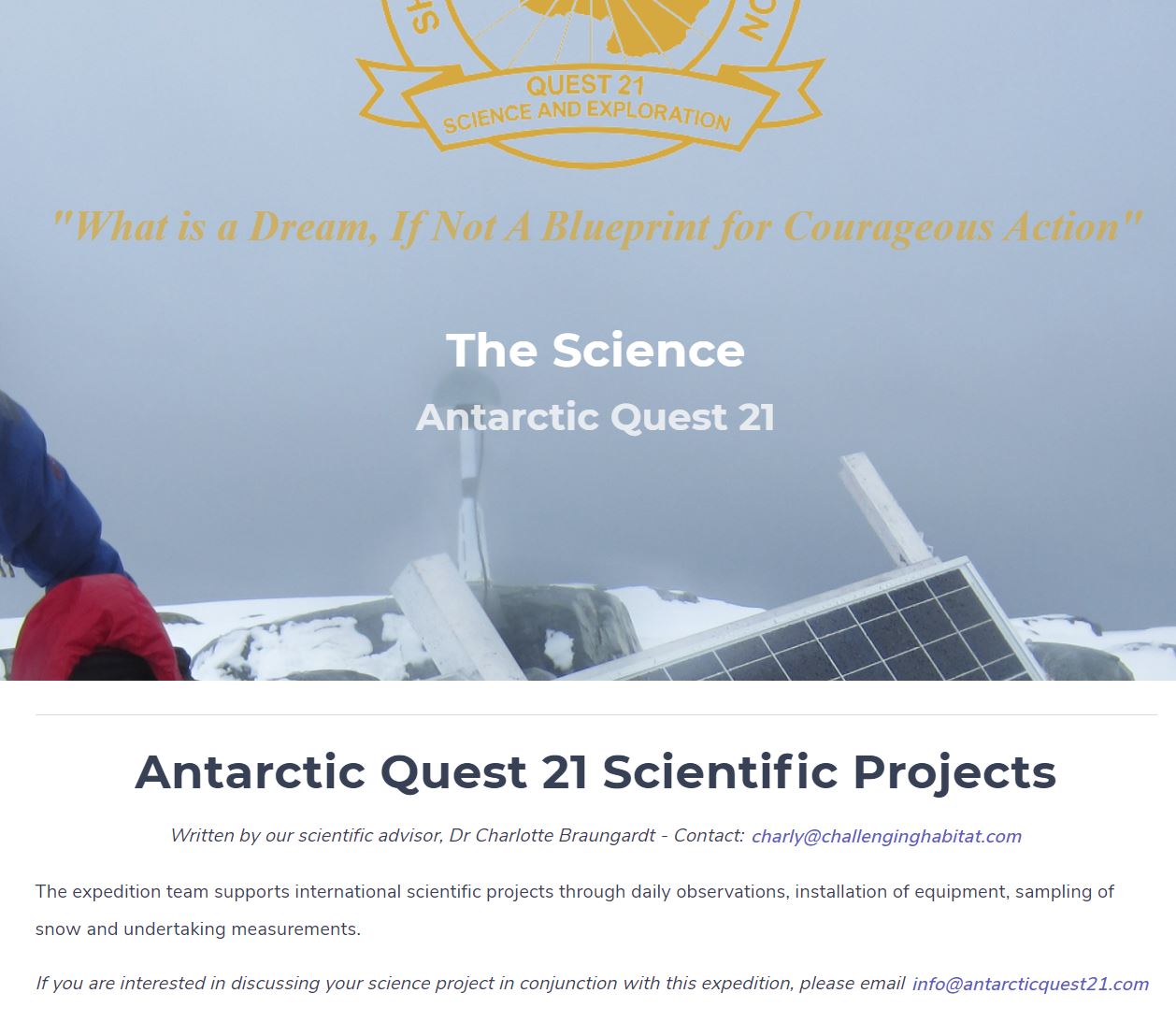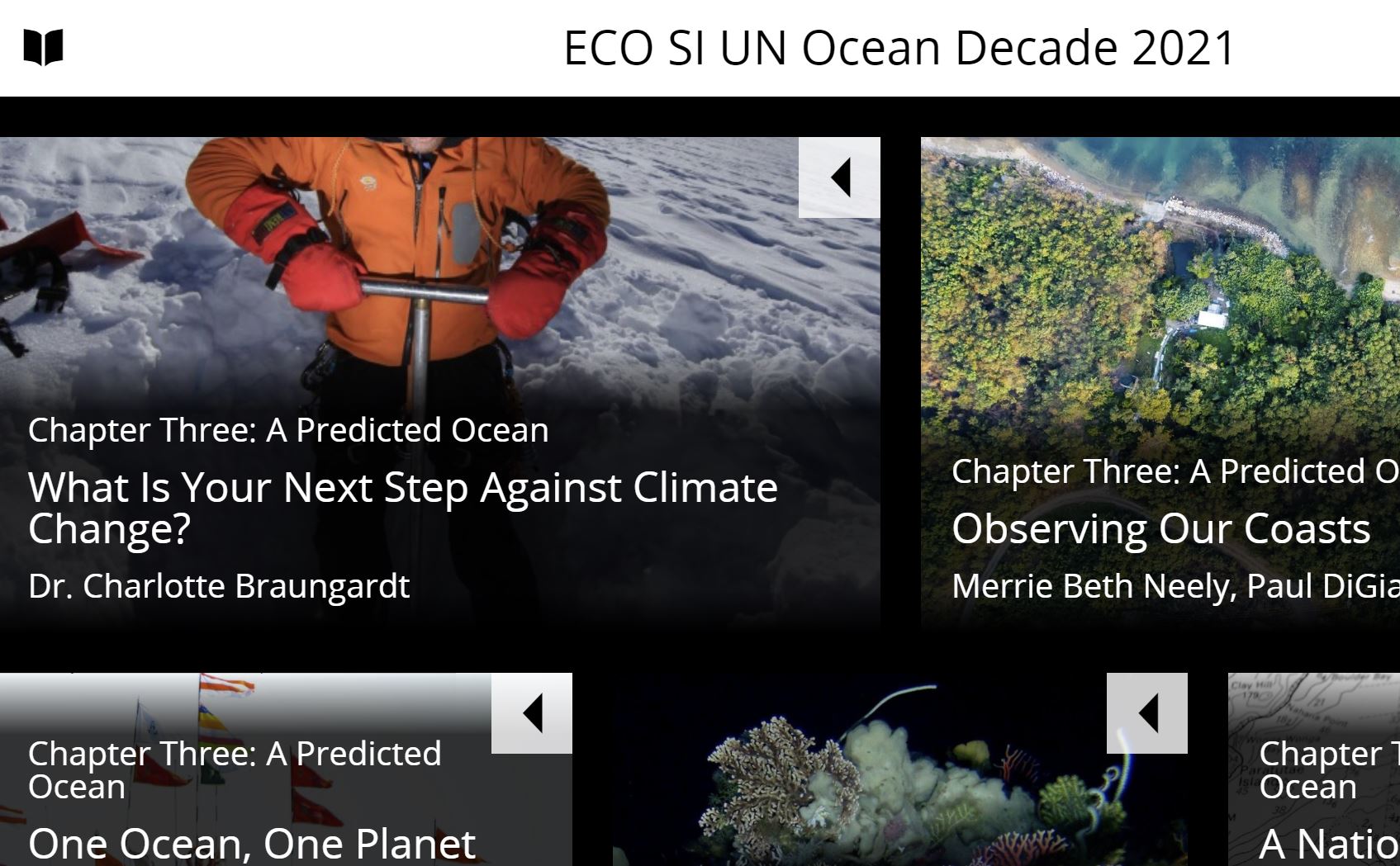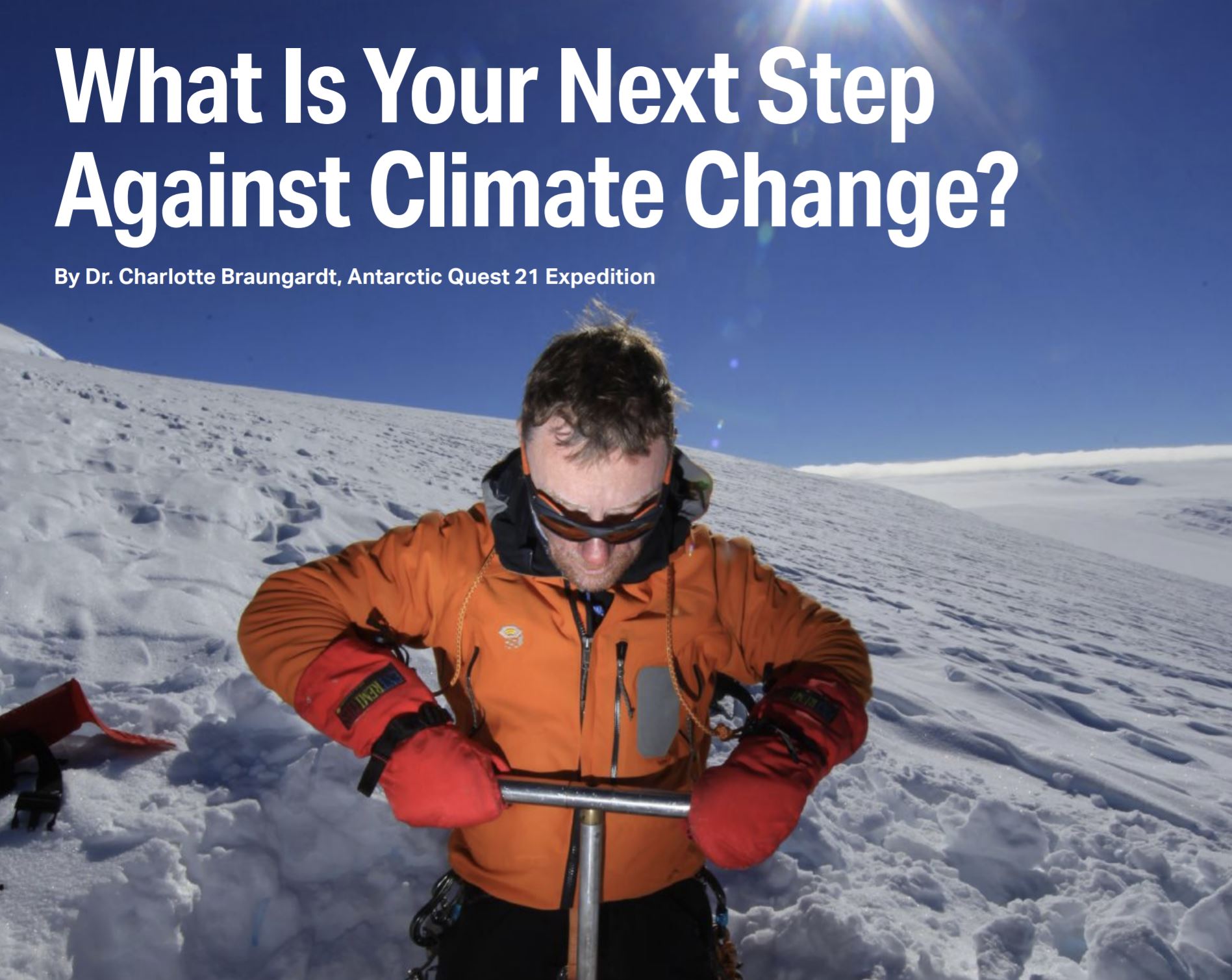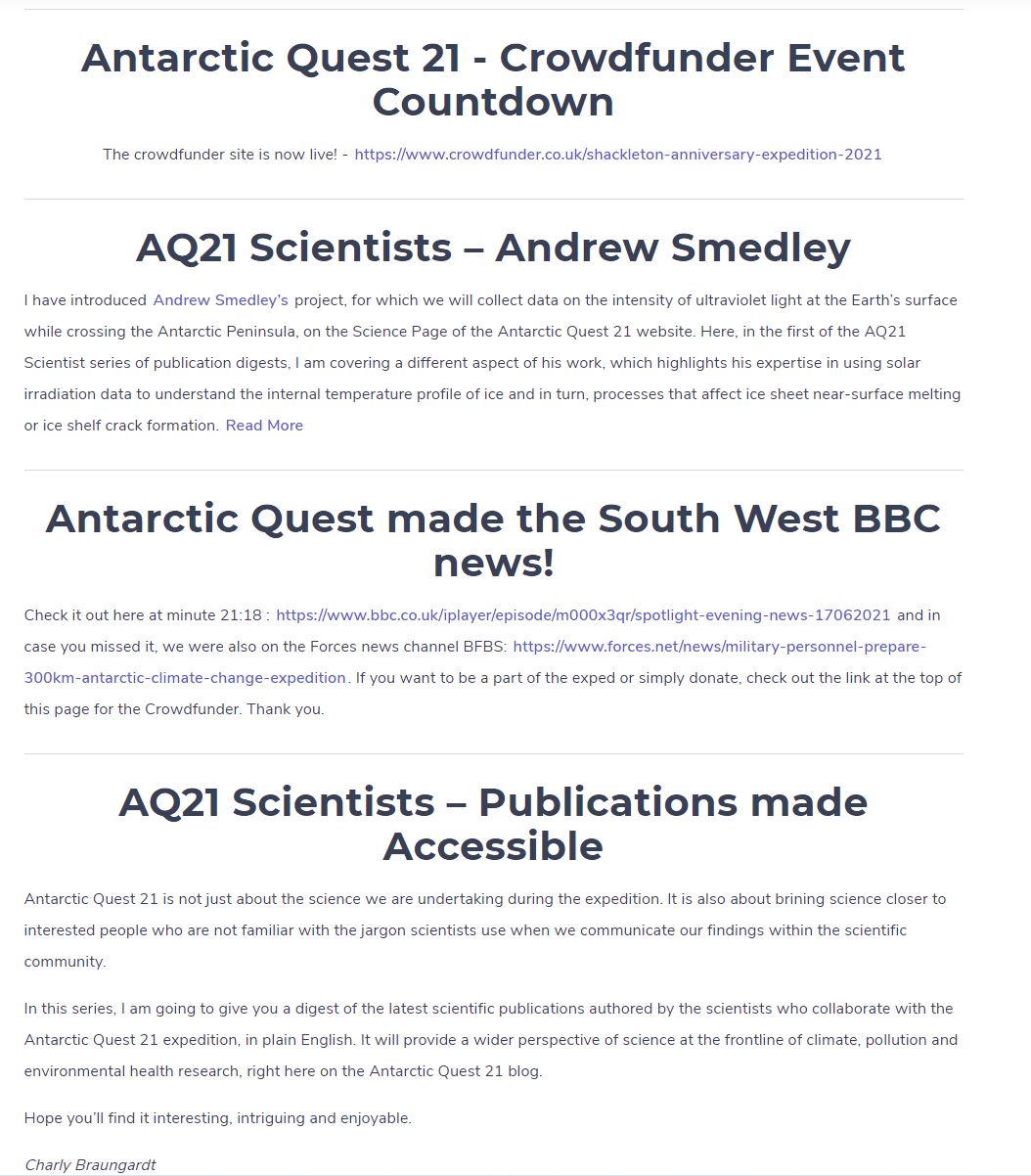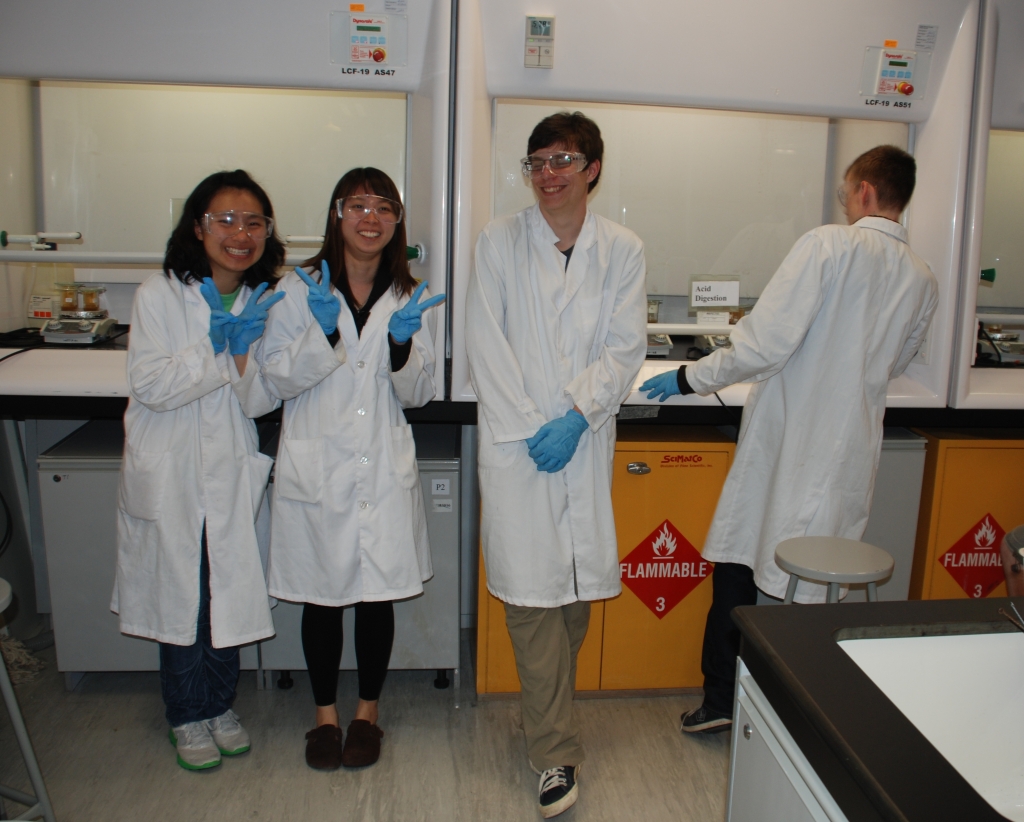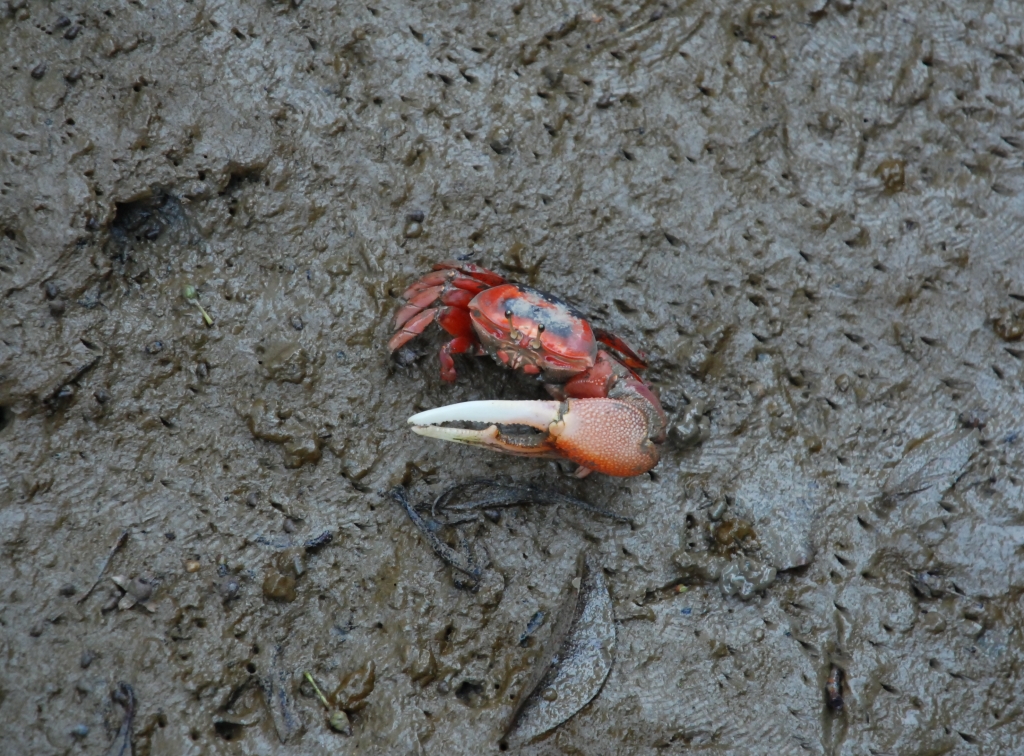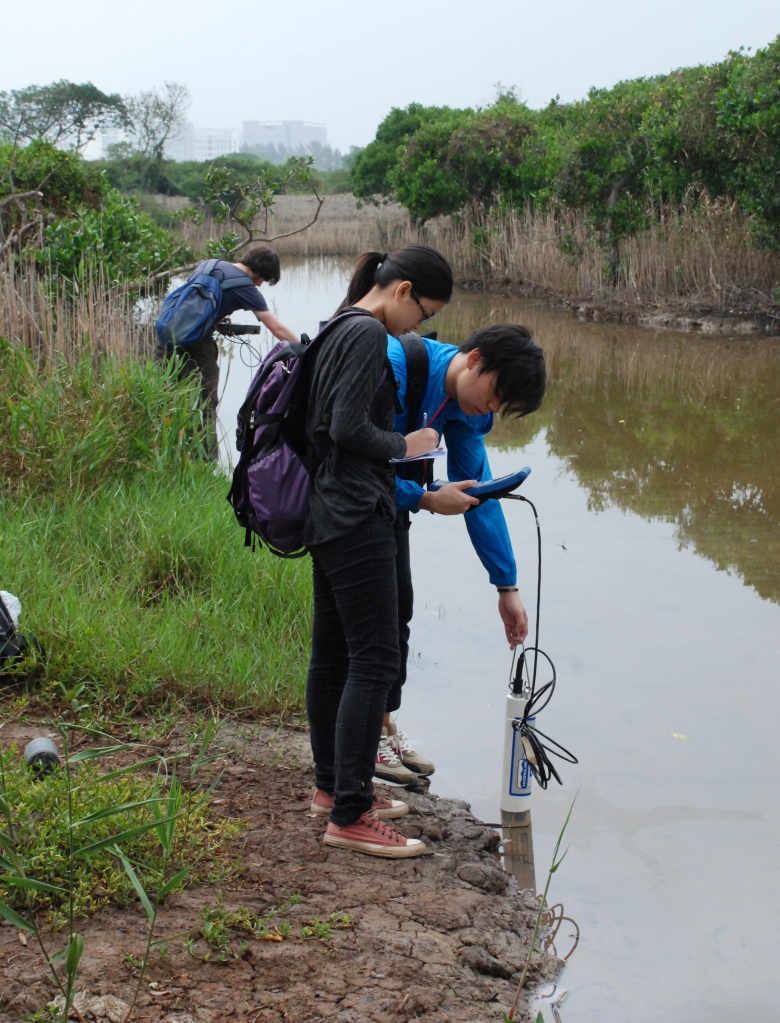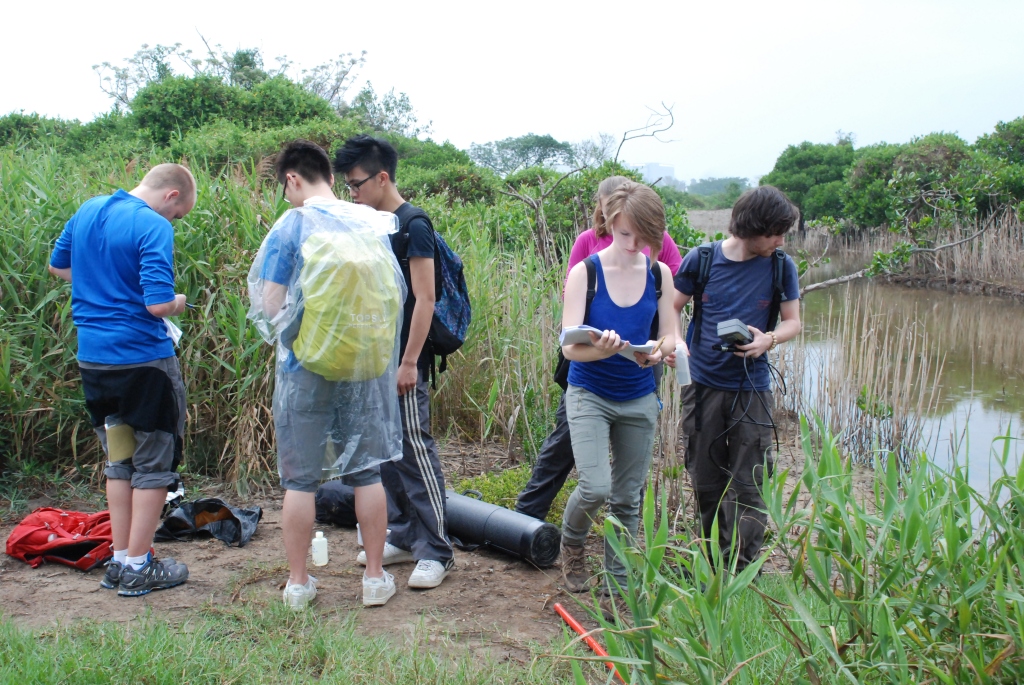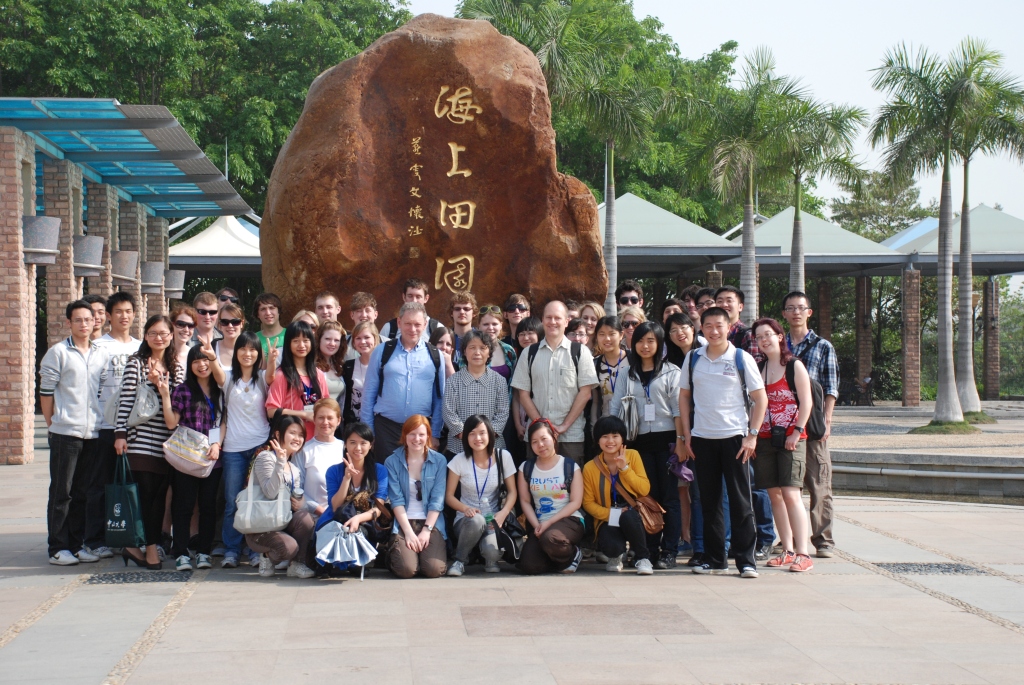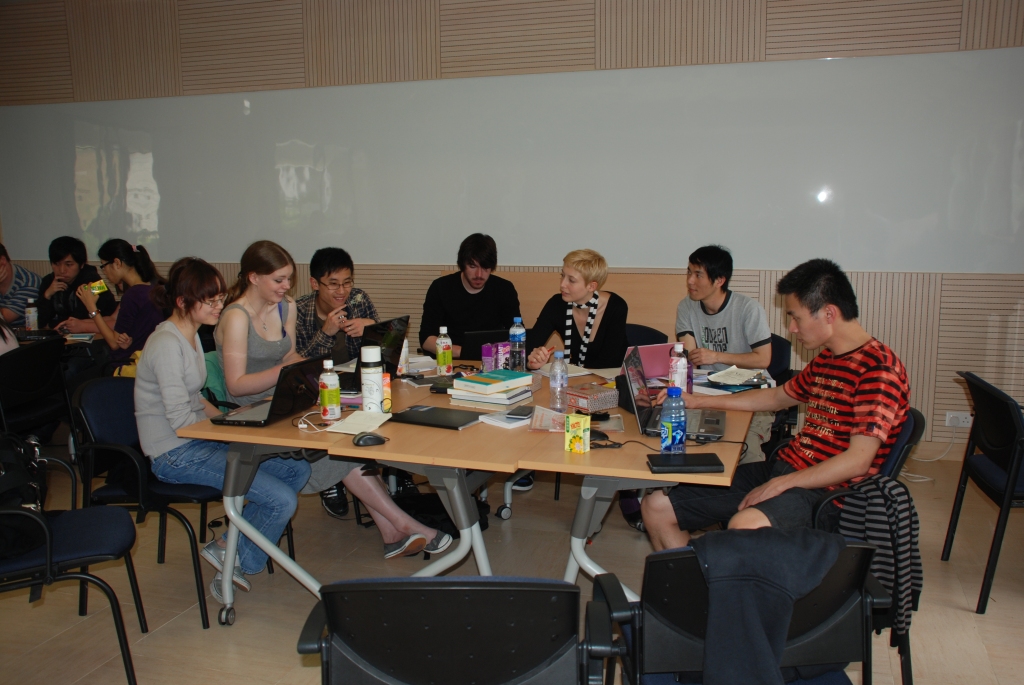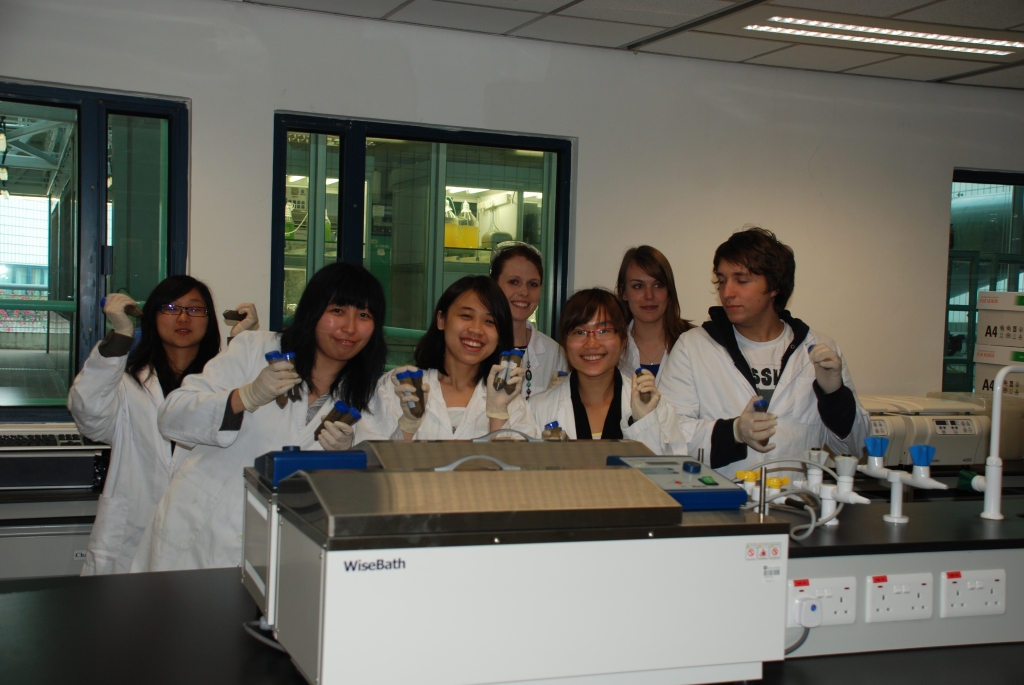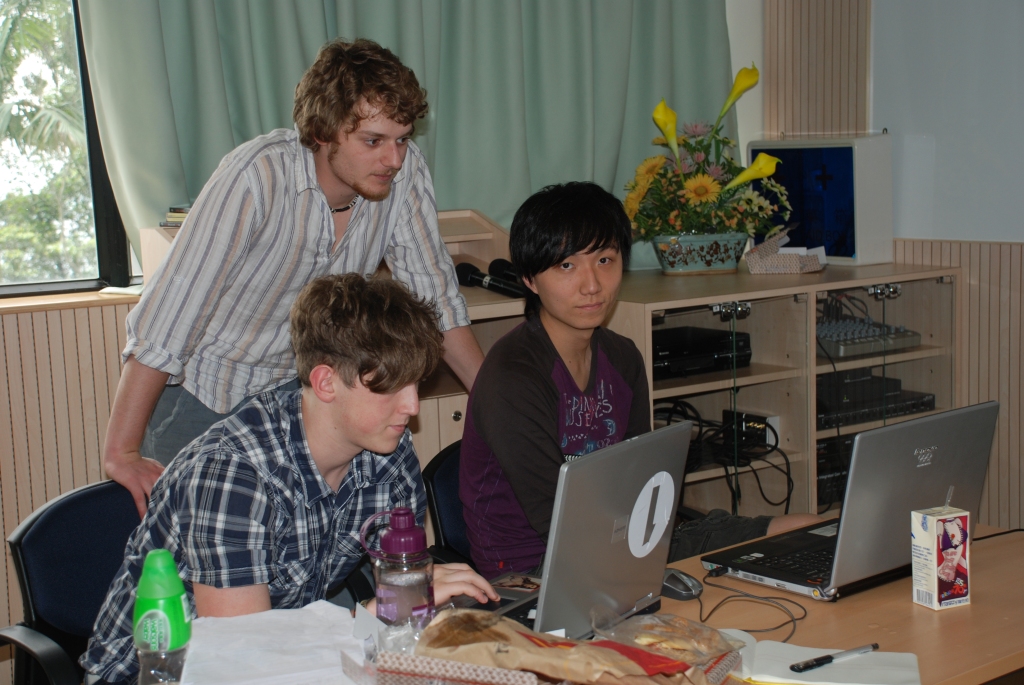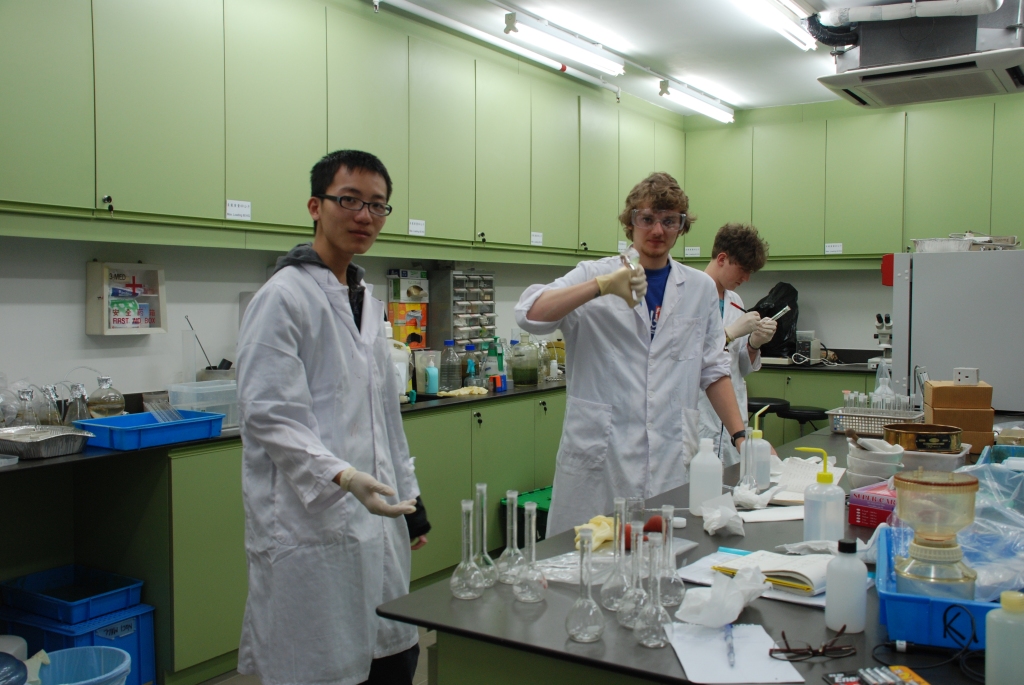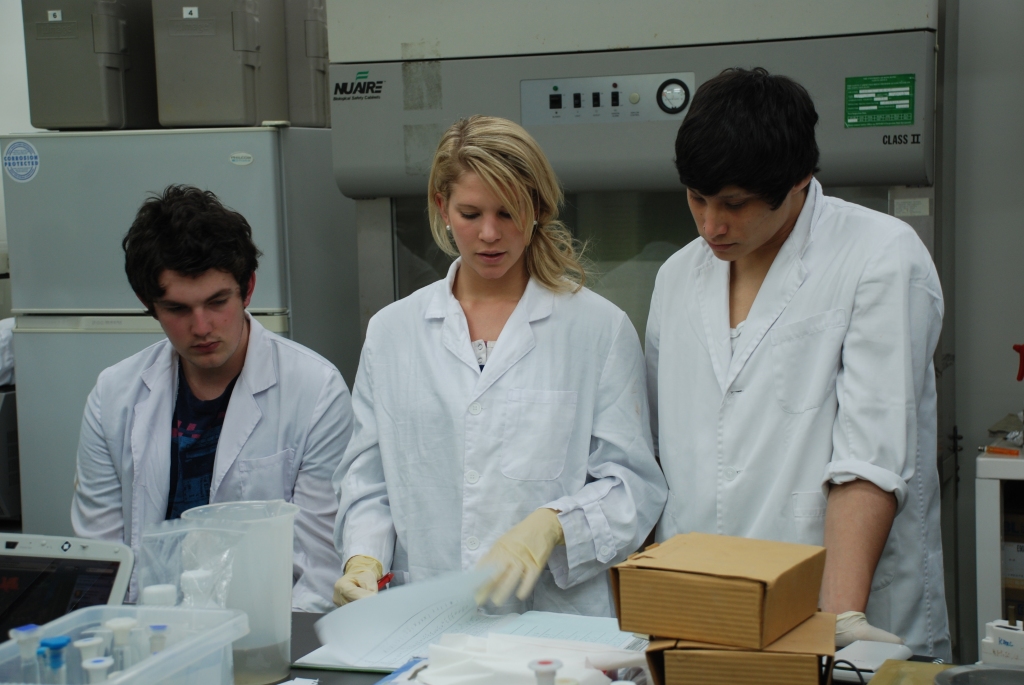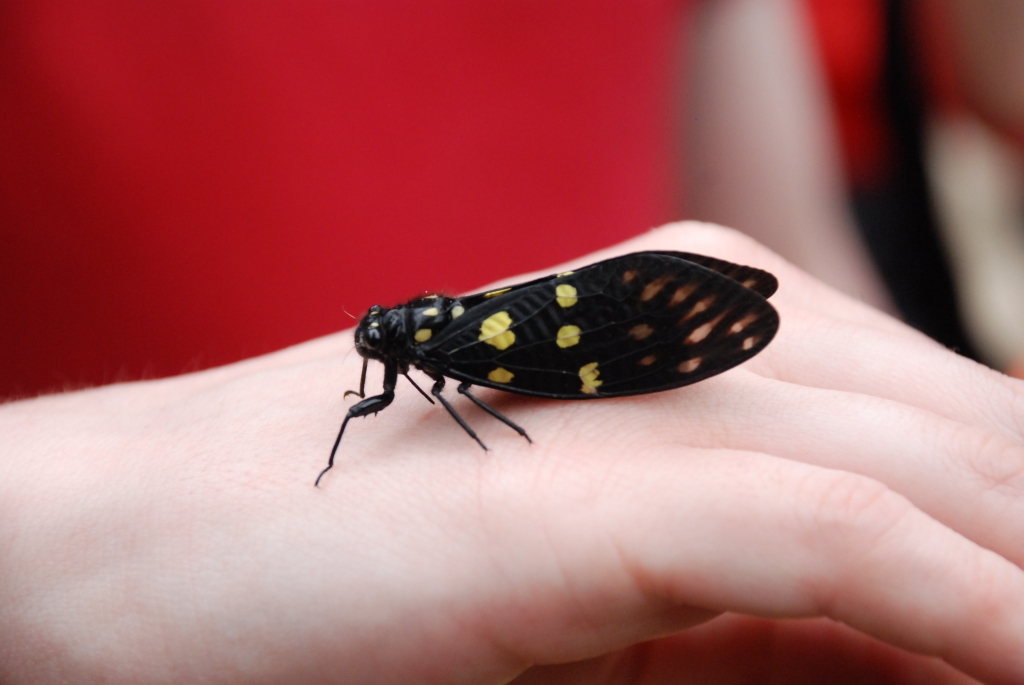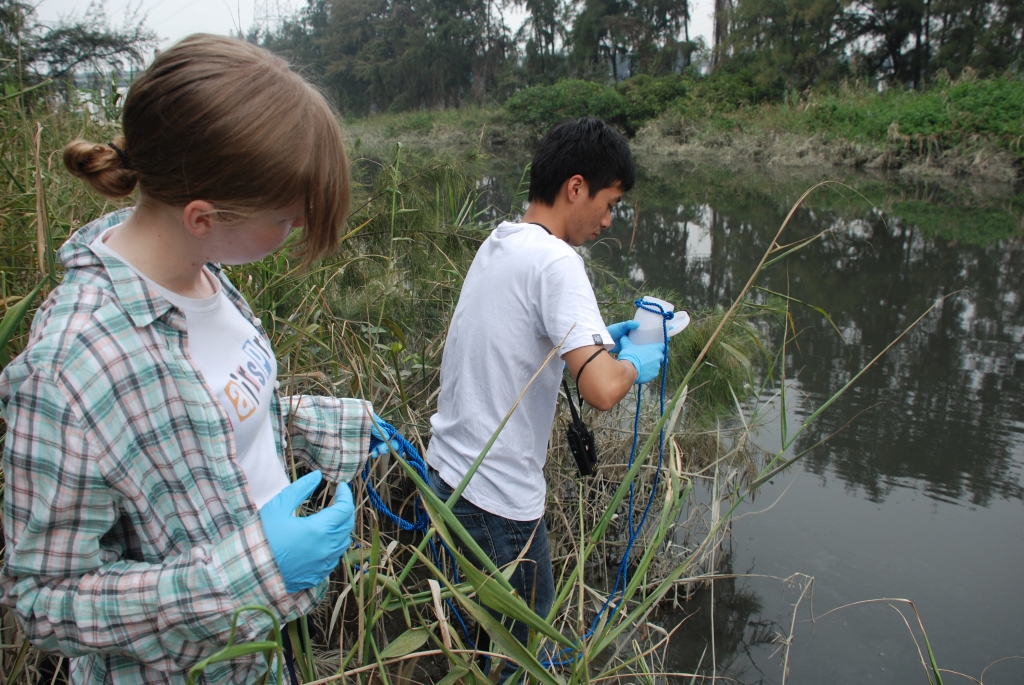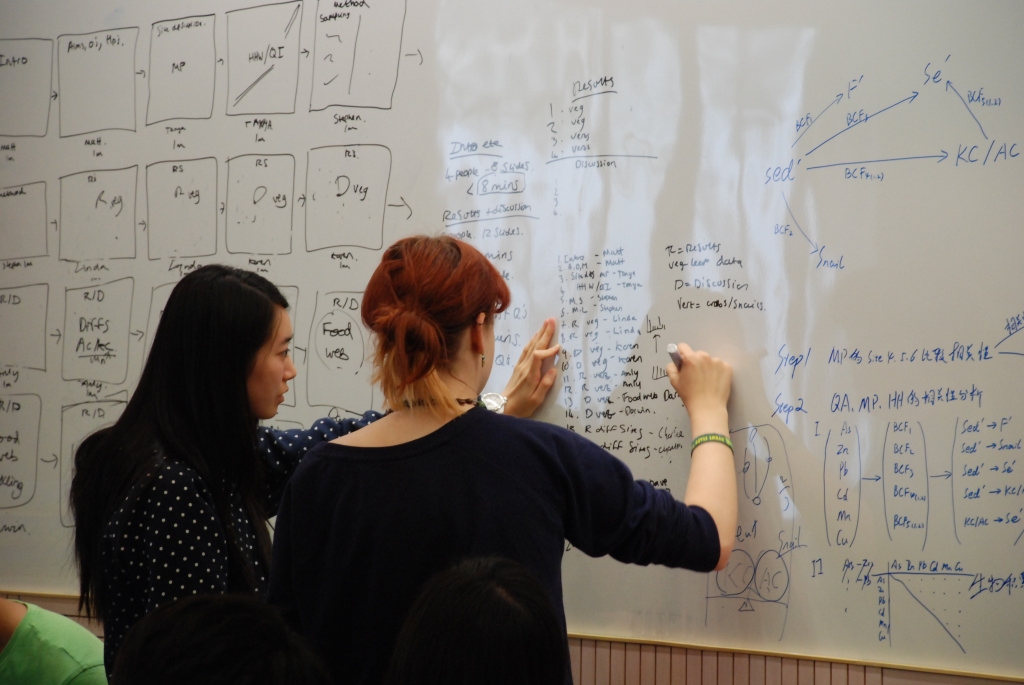- Winter 2022 onwards: Environmental Evaluation of New Great Consols Mine
- Autumn 2022: Plymouth Youth Aboard a Tall Ship
- Summer 2022: SCIENCE at SEA with Seas Your Future
- Winter 2021/22: Carbon Footprint Mitigation for an Expedition
- Summer 2021: Citizen Science aboard a Tall Ship with Darwin200
- 2020 – 2022: Scientific Advisor to Expedition Antarctic Quest 21
- Summer 2020: Environmental Science Education aboard a Tall Ship with Darwin200
- August 2019: Pilot of a Floating Science Classroom
- 2015 – 2021 and beyond: Leadership and Resilience Education for All
- Science Communication
Environmental Evaluation of New Great Consols Mine
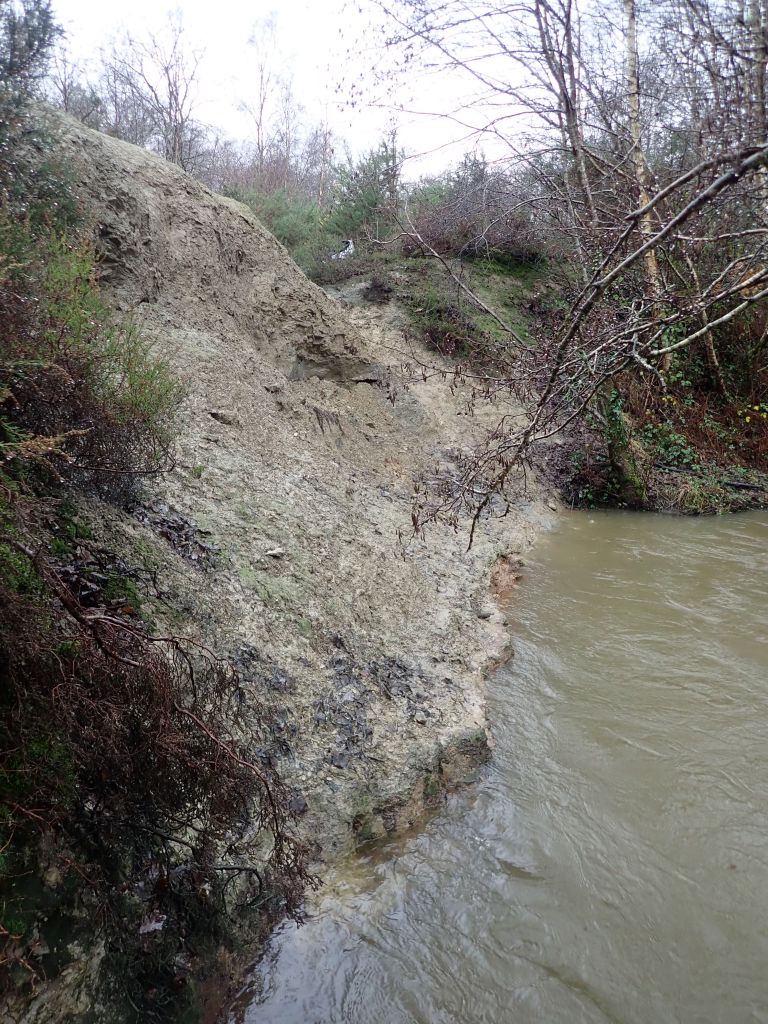
I am working with the Tamara Landscape Partnership and the branch of the Environment Agency that is tasked to clean up rivers polluted by abandoned metal mines (WAMM) on an exciting new project that will improve the water quality of Luckett Stream and the Tamar River in Cornwall.
Over 25 years of research of sources, pathways and fates of metals and metalloids at legacy mine sites in Spain, France and Southwest England equip me to contribute to the project with an evaluation of the environmental status at New Great Consols Mine and options for remedial work that prevent deterioration of this scheduled monument and UNESCO World Heritage Site, while enhancing the environmental quality of the river.
The project is delivered in phases over several years from Autumn 2022, involve community groups and other stakeholders and its success will be monitored and evaluated as a pilot to learn from for remediating other mine sites in the area.
Plymouth Youth ABOARD a TALL SHIP
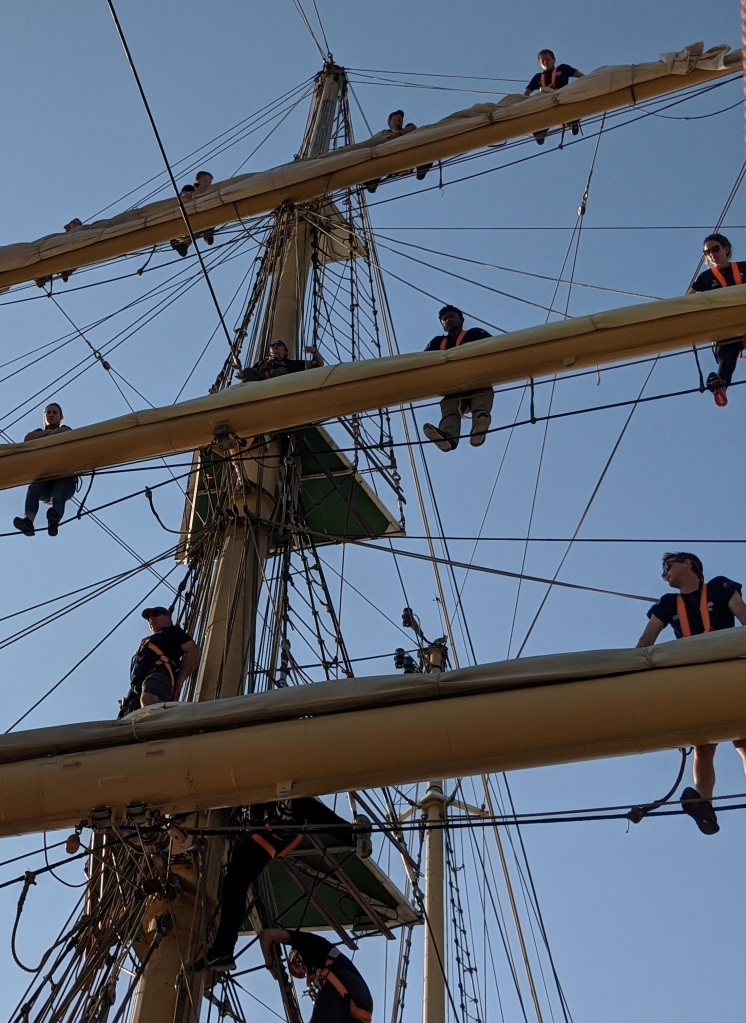
On Thursday, 5 Aug 2022, seven students of Lipson Co-operative Academy will join youngsters from Cumbria and Germany on the Pelican of London for a 14-day adventure of sail training and ocean science. As with all Seas Your Future programmes, it will be all about providing personal, skills and career development opportunities.
What’s so special about this?
The teenagers are the first to be sponsored to board the tall ship by a private individual, who wants to give young people from under-represented groups or disadvantaged background a chance to experience something extraordinary.
In fact it is so special that Yachting Monthly has written an article about it!
And he wants to grow the project by inviting you to sponsor a youngster for next year’s voyage out of Plymouth. Contact aboardatallship@gmail.com for more information…
SCIENCE at SEA with Seas Your Future
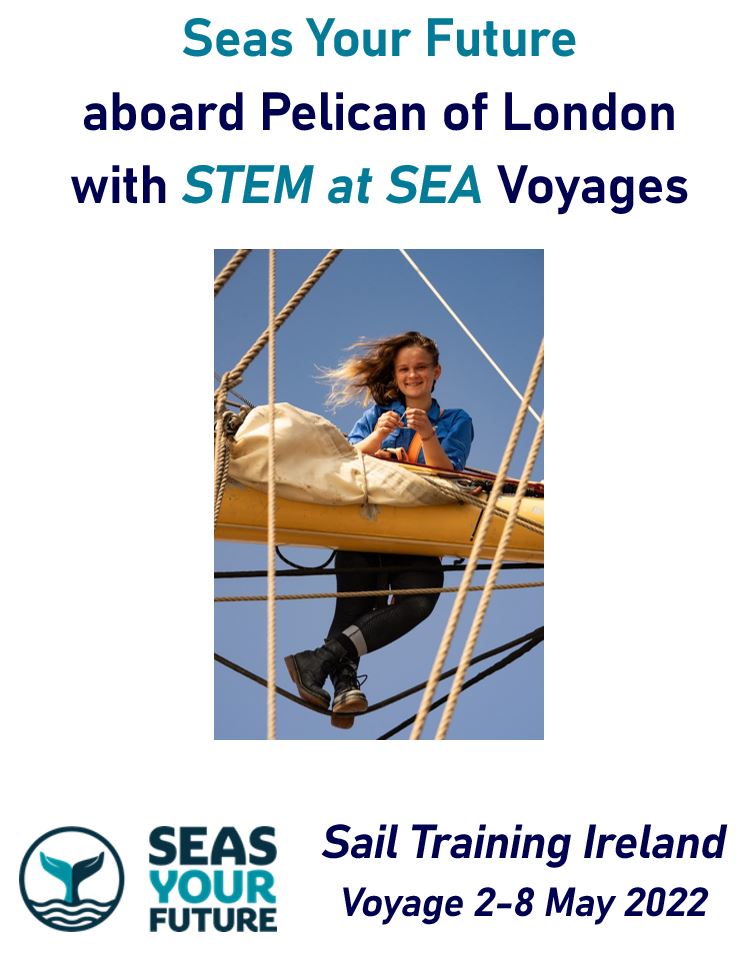
Sail training is about personal development and a number of pilot projects over the past few years showed that sail training is also a fantastic opportunity for raising aspirations and opening insights into a wide range of careers. What started with an ocean science voyage called ‘Sea the Future‘ and continued with two circumnavigations of the British Isles with Darwin200 (2020, 2021) has developed into an ocean science strategy that is firmly embedded into the Development Plan of Seas Your Future, which I am, as Head of Science , creating and implementing. The year 2022 has started with a highly successful trial of the Scientist in Residence concept in Costa Rica and I have recruited 10 more Scientist in Residence to carry out their research projects and undertake citizen science with young people on board during the whole of the summer programme. I am looking forward to delivering my new STEM (science, technology, engineering, math) curriculum for Seas Your Future, on a Sail Training Ireland voyage.
Carbon Footprint Mitigation for an Expedition
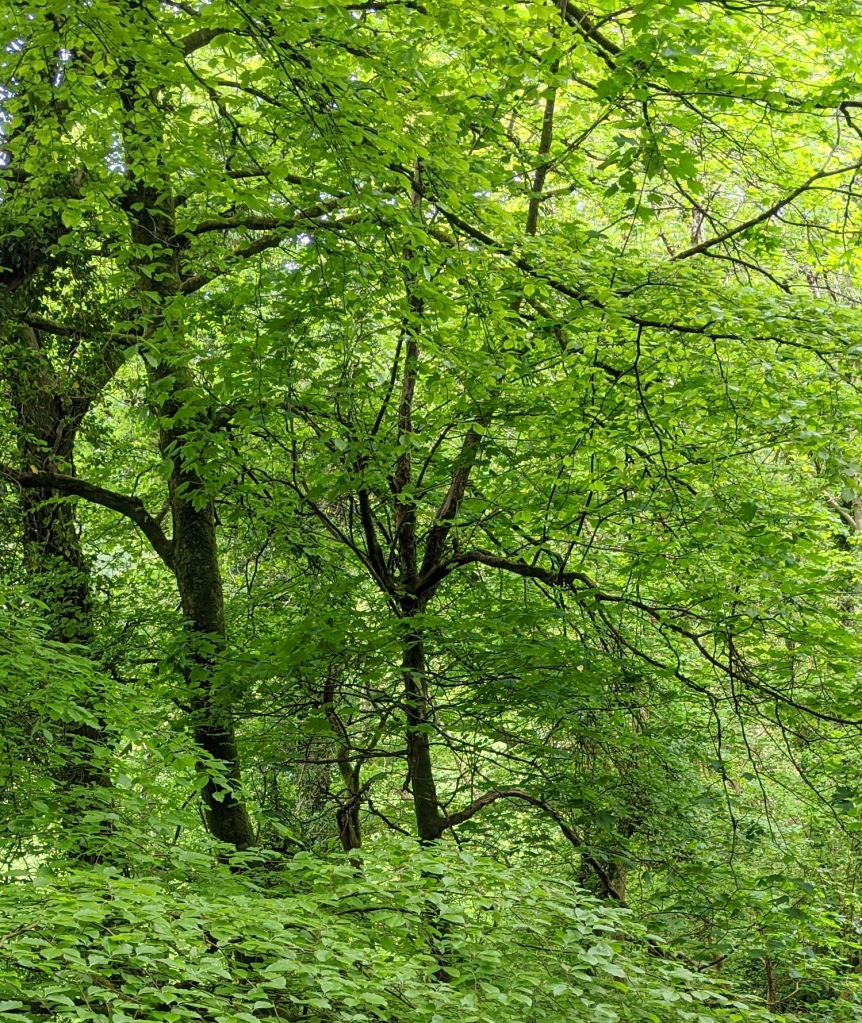
The carbon footprint of the Antarctic Quest 21 expedition is of concern as the main aim of it is data generation for climate and pollution science! To minimise their footprint, the team has borrowed some of the expedition equipment, rather than buying new, and used a ship of opportunity for transporting their kit to Antarctica.
However, the footprint of travel, internet use and communication, additional dietary requirement while on the ice, and some new equipment and expedition clothing, is substantial.
I am calculating the carbon footprint of all these elements, so that Antarctic Quest 21 can mitigate through carbon offset. We have chosen the Mai Ndombe Forest Protection project of Earthly for the first 20 tonnes.
Update in August 2022: the final 30 tonnes of CO2e have been offset!!! Read more HERE.
Citizen Science aboard a Tall Ship for Seas Your Future
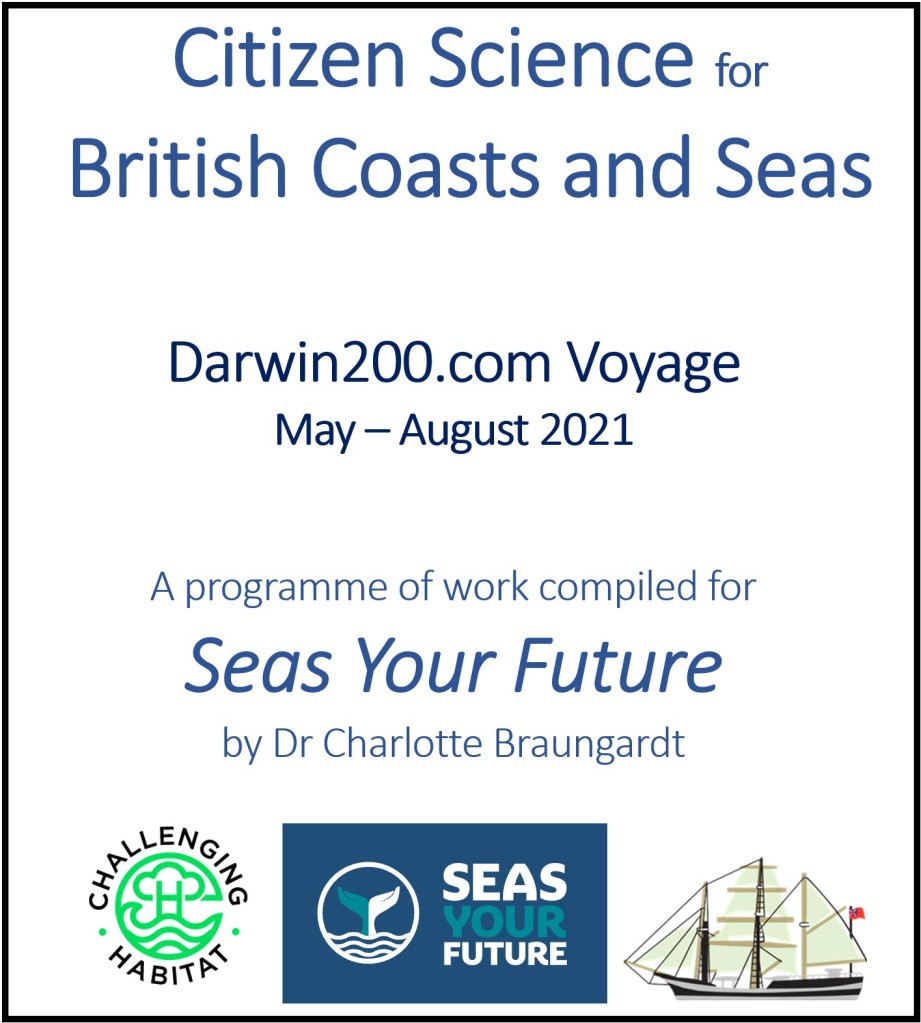
I created a programme of citizen science work for young people aboard the tall ship Pelican of London for their 2021 circumnavigation of the British Isles with Darwin200.com.
The scientific data will be used by organisations, such as the Sea Watch Foundation, Marine Conservation Society, Marine Biological Association and British Trust for Ornithology for the conservation of ecosystems and species, campaigns for their protection and for scientific research into climate change adaptations in the natural world.
Follow the voyage here:
Scientific Advisor to Expedition Antarctic Quest 21
I support the expedition with a range of contributions, from scientific writing on the blog, website, publications (page 104) and outreach to supporting fundraising and liaising with the scientists whose research projects the expedition services with data collection, observations and installation of equipment.
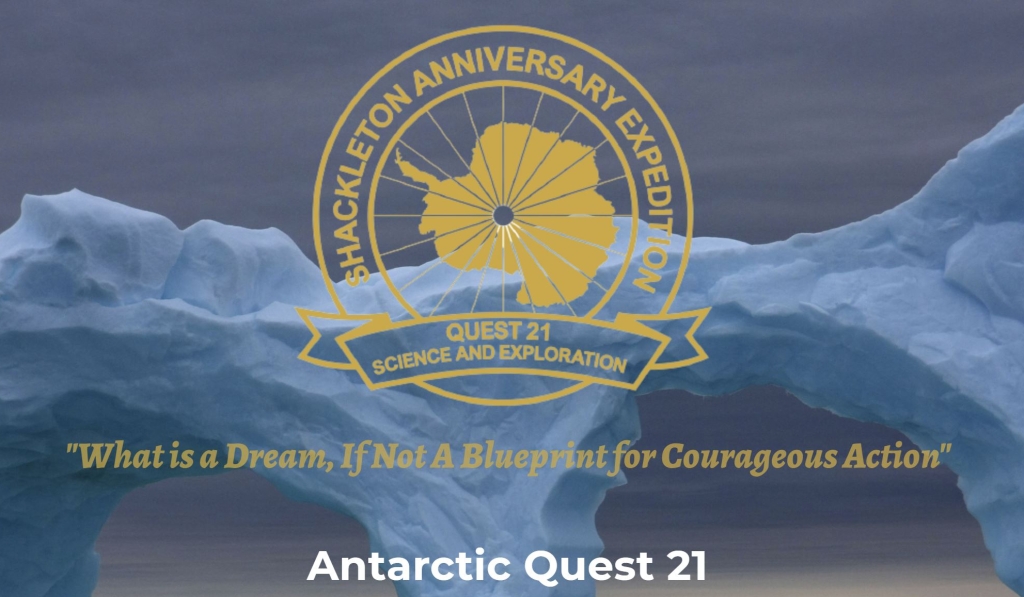
Environmental Science Education aboard a Tall Ship
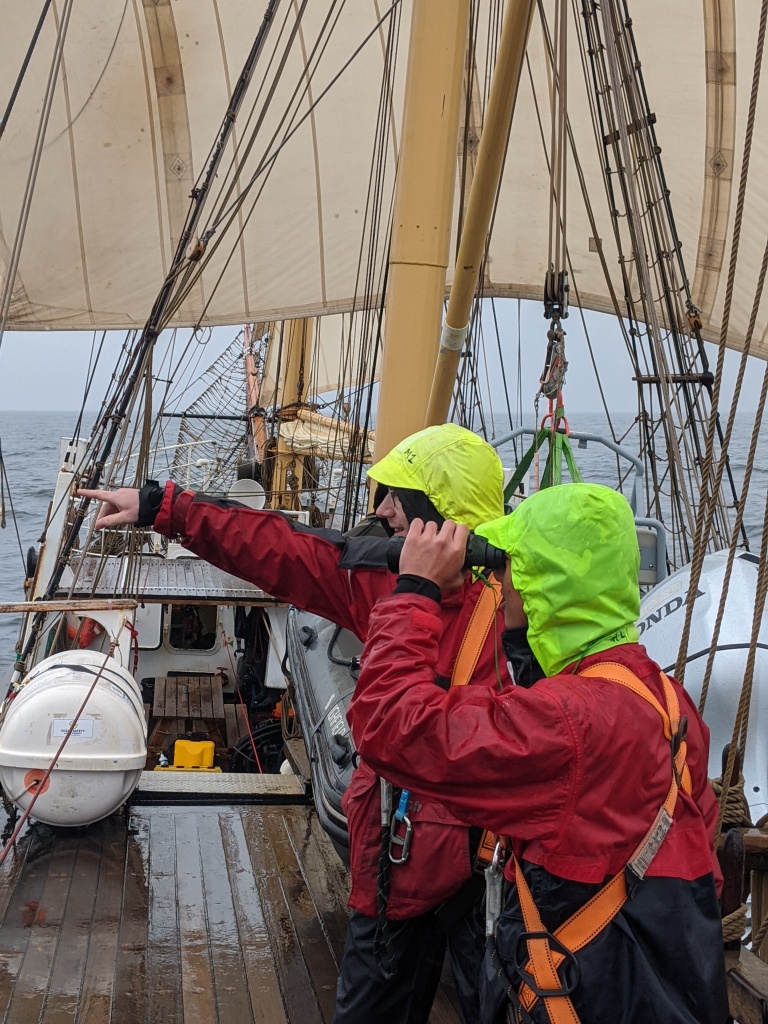
In 2020, global circumnavigation plans of Darwin200.com were shattered by the COVID-19 pandemic. Instead, they partnered with Seas Your Future to undertake a 7-week circumnavigation of the British Isles aboard the tall ship Pelican of London.
My collaboration with Seas Your Future had started in 2018 and I was very happy being approached by their CEO Adrian Ragbourne with the request to put together a scientific programme for this voyage.
Time was extremely short. I put the final touches on the environment and ocean science handbook in the early morning hours before it had to go into print.
Thanks to the vision of the Head of the School of Geography, Earth and Environmental Sciences at the University of Plymouth, we were able to borrow oceanographic equipment and analytical instrumentation from the university. A colleague and I were also released from our normal university duties to run the science programme aboard: Dr Richard Sandford took the first leg from Southampton to Liverpool and I covered Liverpool, around Scotland and down the North Sea to Bass Rock. In return, the University was acknowledged in marketing material and the videos.
2019 Pilot of a Floating Science Classroom
Encouraging young people to be curious and explore nature is a wonderful way to learning. Doing this with a team of equally enthusiastic colleagues and professional crew while sailing a tall ship through seas teaming with life – from bioluminescent marine algae to dolphins – is something truly memorable.
The pilot project for science aboard the Pelican of London was a collaboration between Seas Your Future and universities in Plymouth, Southampton, Manchester and Bangor. The experiences of sailing the ship and teamwork, studying phytoplankton and nutrients, watching dolphins hunt fish at night and listening to their ‘conversations’ with hydrophones made us connect with each other and nature in new ways. The video sums up our experience.
The experiences from this project inform the planning of future ocean science classrooms.
Many thanks to Jamie from Shield Media for filming and editing the video!
Leadership and Resilience Education for All
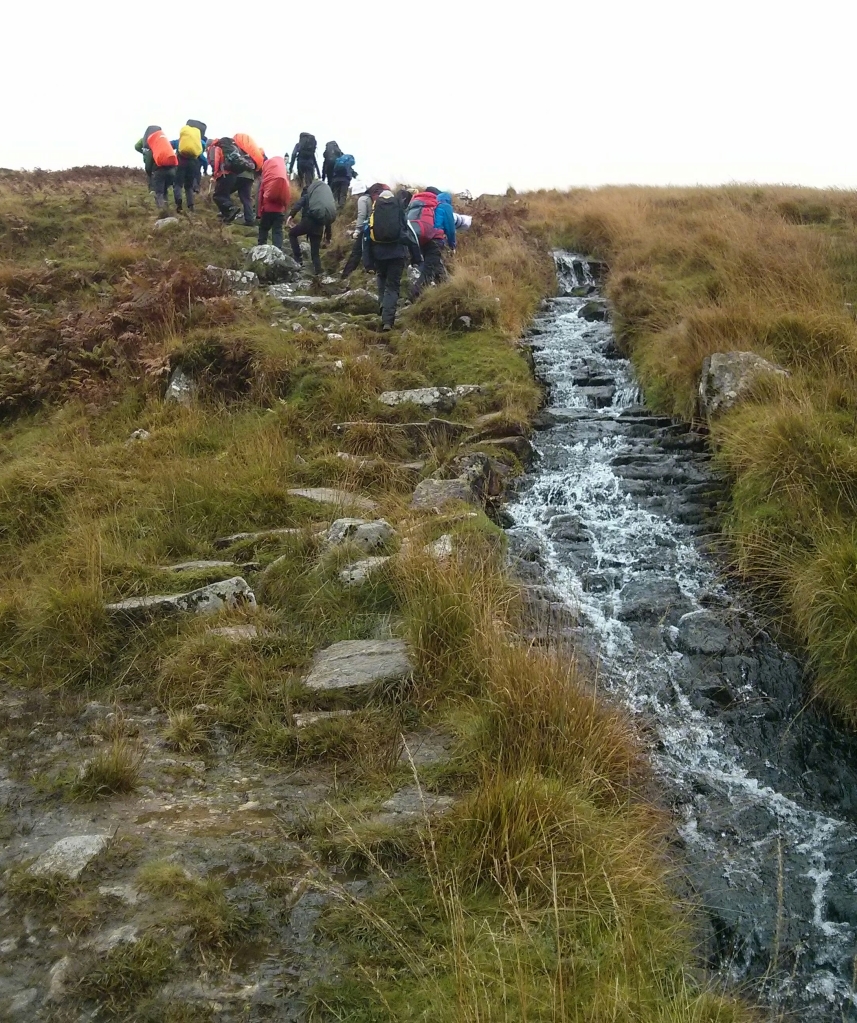
It all started with the idea that we environmental scientists are driving change in all areas – conservation and sustainability, mind-set and behaviour.
Effective leaders are thriving individuals with a clear understanding of communication and team work, who operate with confidence and integrity.
In the first instance, this developed into the project ‘Environmental Issues and Communication’, a module my colleague Dr Alison Stokes and I developed for our BSc Environmental Science course at the University of Plymouth.
In 2015, we engaged Paul Hart and Antony Jinman to deliver a programme of leadership training to our second year students, comprising of workshops and a two-day practice session with overnight camping on Dartmoor. This has been running successfully for seven years now, first under ‘Education through Expeditions’ and more recently with ‘LikeToBe‘.
The evaluation of the training outcomes for our students was very positive, showing the greatest gain in self-management and communication, team and leadership skills for those students who needed it most.
A detailed analysis by Paul Hart identified the lack of confidence and resilience in some students as important barriers to fulfilling their potential, success and career-readiness. He addressed this with writing a resilience education package for undergraduate students that I introduced as ‘Path to Success Programme’ to all our first year students in 2018. Delivering the study material and workshops covering topics ranging from understanding and managing stress and anxiety to social intelligence has been immensely beneficial to our students and taught me many things about myself and others.
What I have learned from this project informs my work today, in coaching and mentoring young people, during workshops, while designing educational concepts and in personal conversations.
Download my presentation to the Vice Chancellors Teaching and Learning Conference in 2018 for a summary of the principles and outcomes here:
In My Own Words: Science Communication
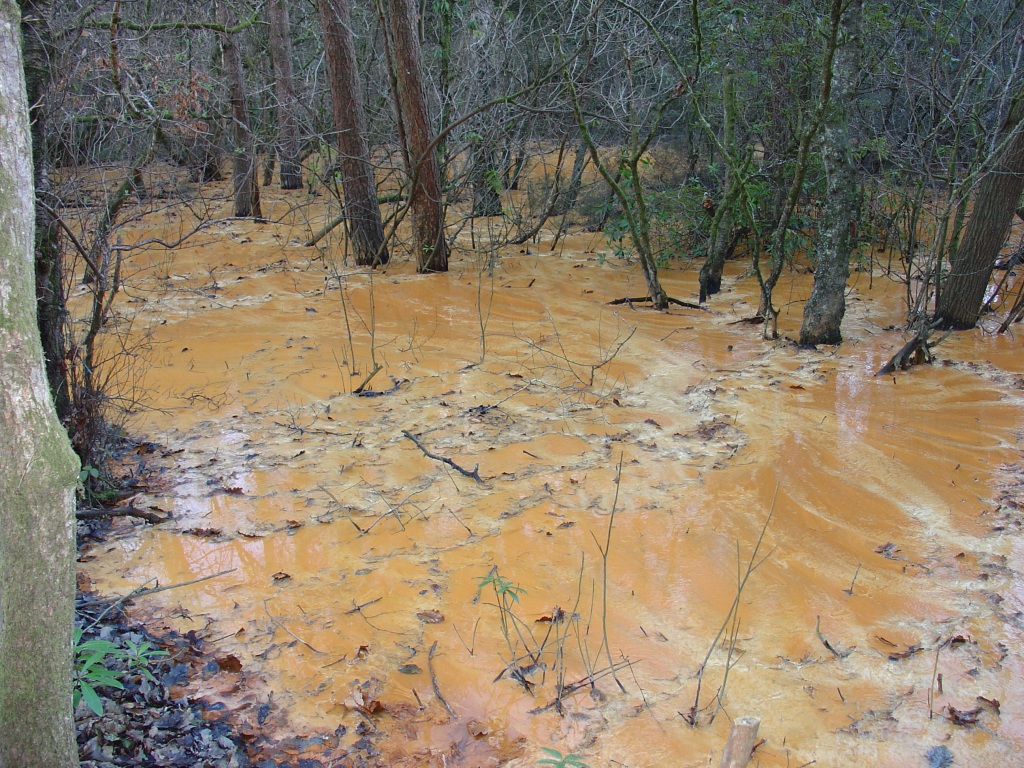
Teaching science communication at undergraduate level and encouraging my students of BSc Environmental Science to write evidence-based scientific stories on blogs and other social media as counter-action to all the populist semi- and un-truths and misleading information out there, has made me realise that I need to set a positive example.
I started my blog ‘challenging habitat blog‘ early in 2016 to communicate in lay terms about contamination, history and remediation of abandoned metal mine sites with this post.
Why this topic? It aligns with my research interests and is relevant to all of us because (a) we use metals every day and there is an environmental and social price tag that typically doesn’t translate into the price of the goods we pay and (b) collectively, we are exposed to the contamination that is associated with mining through direct contact, the food chain, recreational activities and occupations.
Right from the outset, I deviated from the original idea of a pure science blog, precipitated by a sports accident in which I severed my Achilles tendon…a starting point that highlighted to me the value of choosing such a flexible title for my blog, something that encouraged me to stay with ‘Challenging Habitat’ for my business, too.
If you are inclined, have a look and you’ll find my personal blog on anything from daily reflections during COVID-19 lockdown to comments on society, communication and environment.
Science – Culture – Diversity – Learning
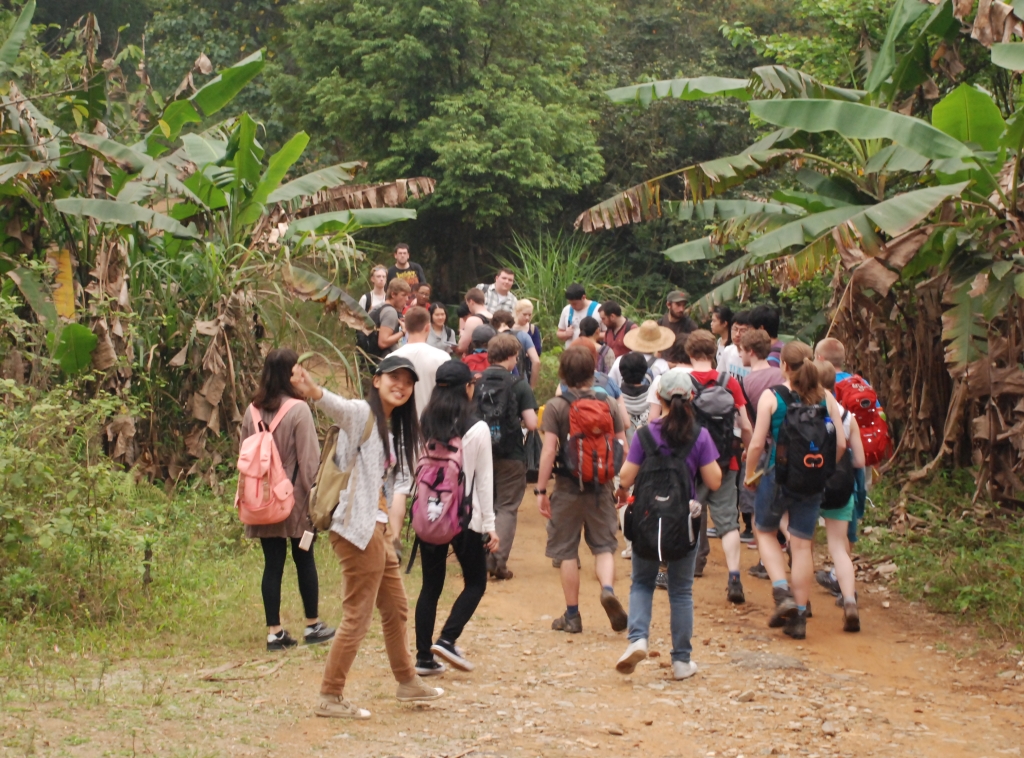
Graduates of our BSc Environmental Science course at the University of Plymouth are known in the environmental sector for their ability to apply solid knowledge and a wide range of practical skills to their jobs. Of course, this is the result of providing plenty of opportunity to acquire both and for me, there is no better and more rewarding way to facilitate learning than a residential field course.
In 2007 I set out to develop a new destination for our students: China. You may well think: long-haul flights don’t agree with sustainability, which should be at the core of any Environmental Science degree course! Yes, I agree. And yes, I still went ahead and set up something unique and very valuable: a partnership between three universities, in which environmental science and engineering students from Sun Yat-Sen in Guangzhou, City University of Hong Kong and University of Plymouth collaborated on research projects in southern China and Hong Kong.
Working alongside peers of your own age for a week in the field and laboratory, sharing meals and partying in the evening makes you realise: we all have the same hopes and dreams, we are the children of one planet.
At the same time, you learn to value diversity and prejudices fall away…
With Prof Paul Shin and Dr Yisheng Peng, we facilitated a detailed study into metal pollution of sediments, plants and animals within the Pearl River Delta in Guangdong Province, leading to fascinating insights into mangrove food webs. The synergy of excellent theoretical and local knowledge of Chinese and Hong Kong students and the extensive practical skills and experience of our UK students resulted in peer-to-peer learning and mutual respect. And somewhere on Weibo you can find embarrassing footage of crazy ‘westerners’ crooning into a Karaoke machine in the Sun Yat-Sen campus nightclub at 3 am…
This project started a long time ago and you may ask why this should be relevant to Challenging Habitat, a venture set up in 2021. I still stand for and by those values in what I try to achieve today.

